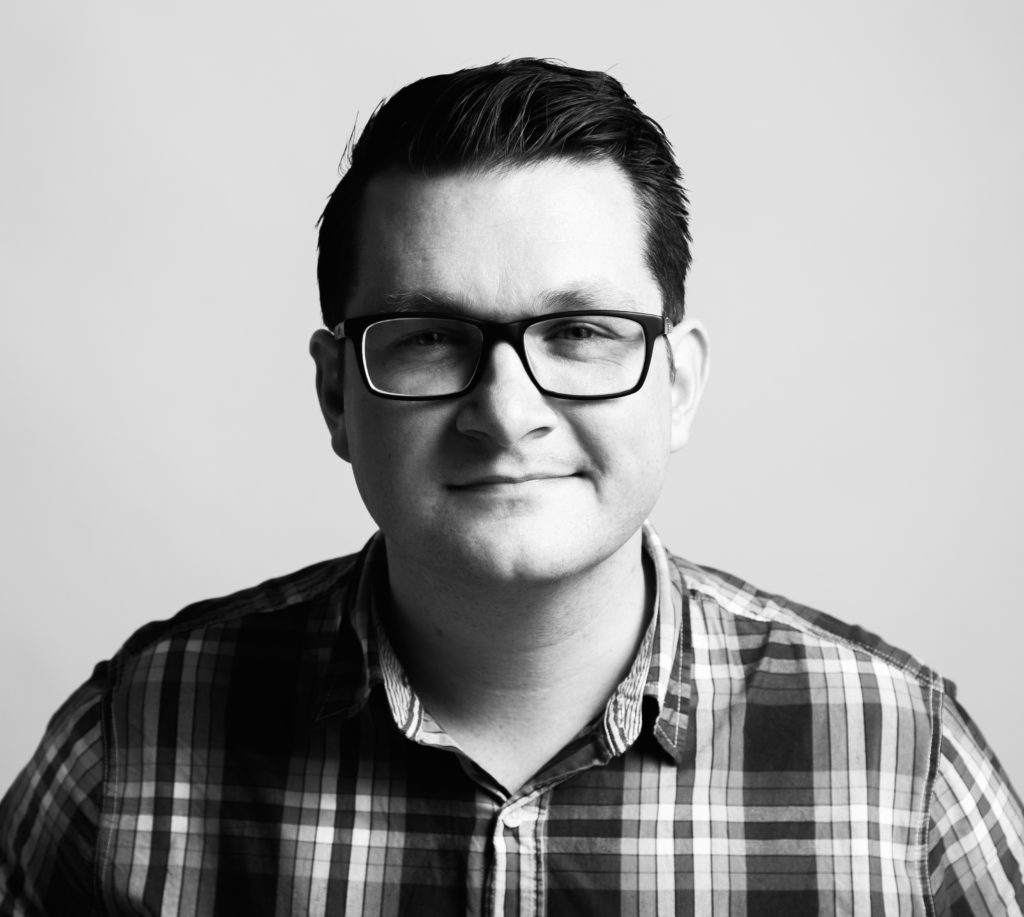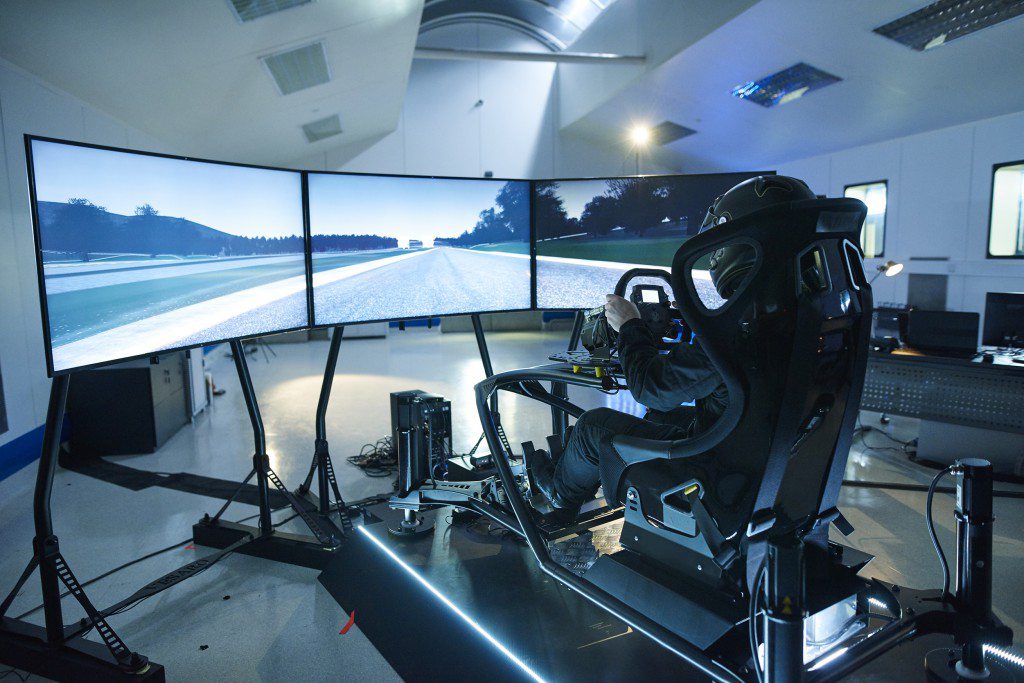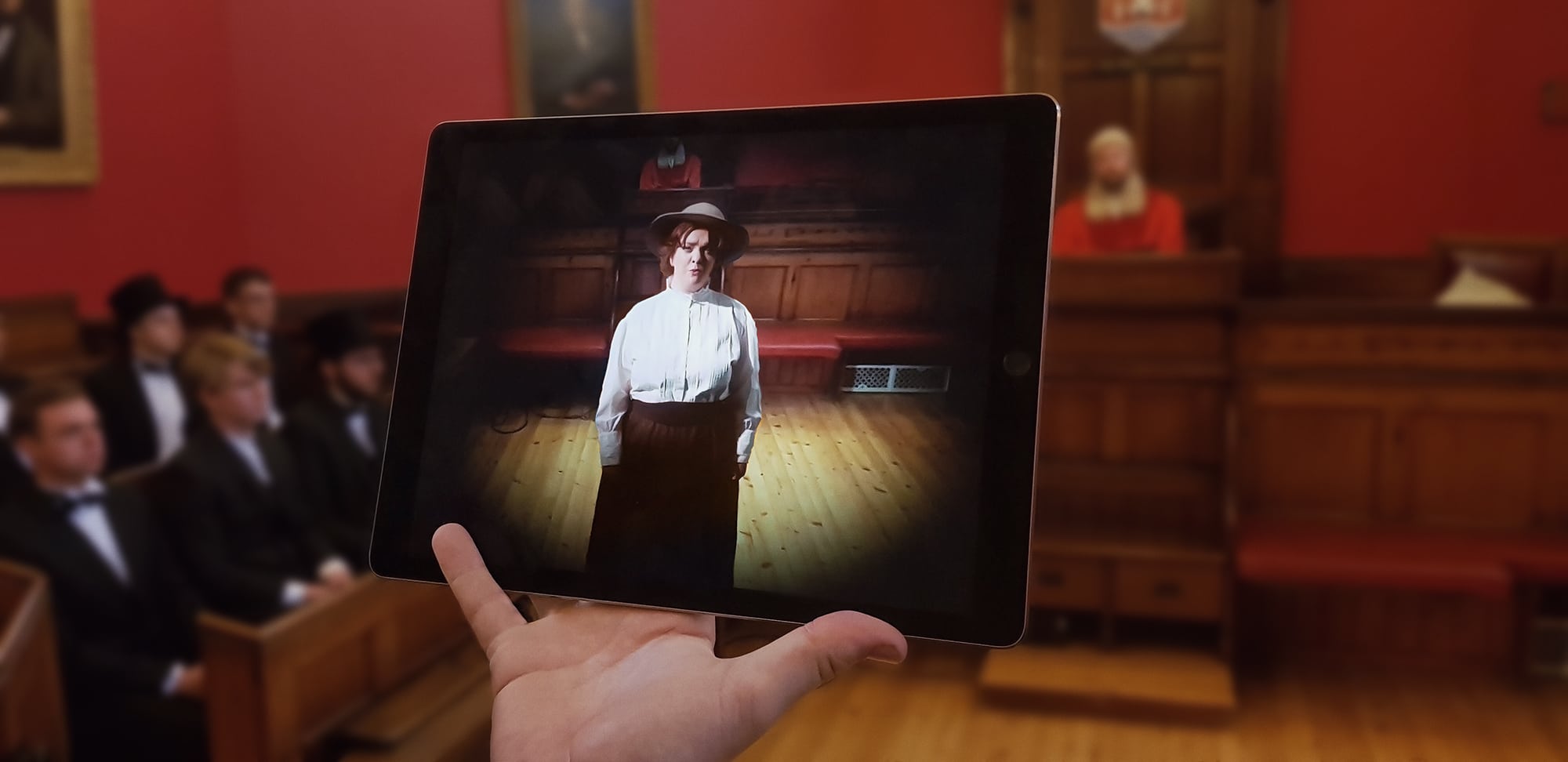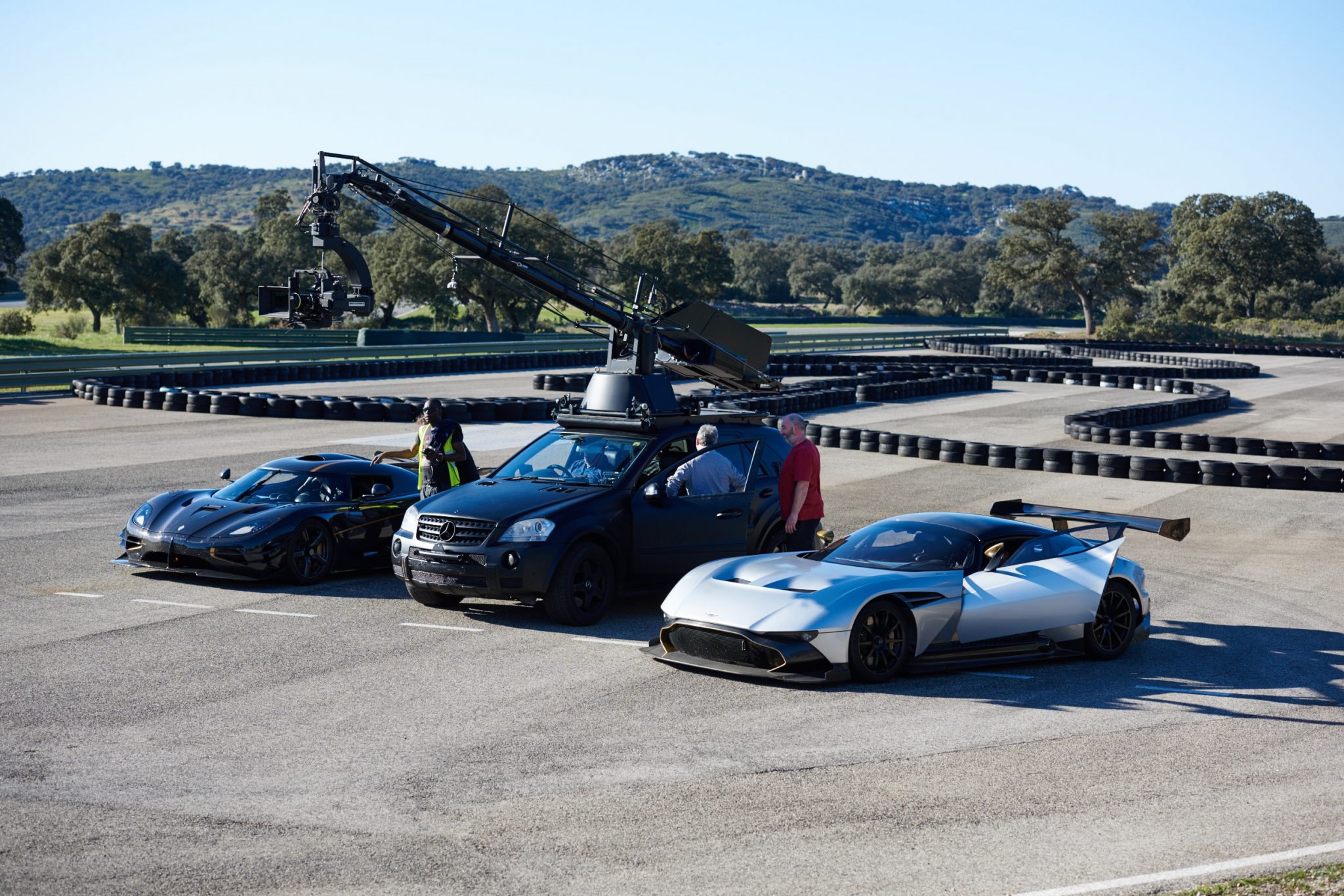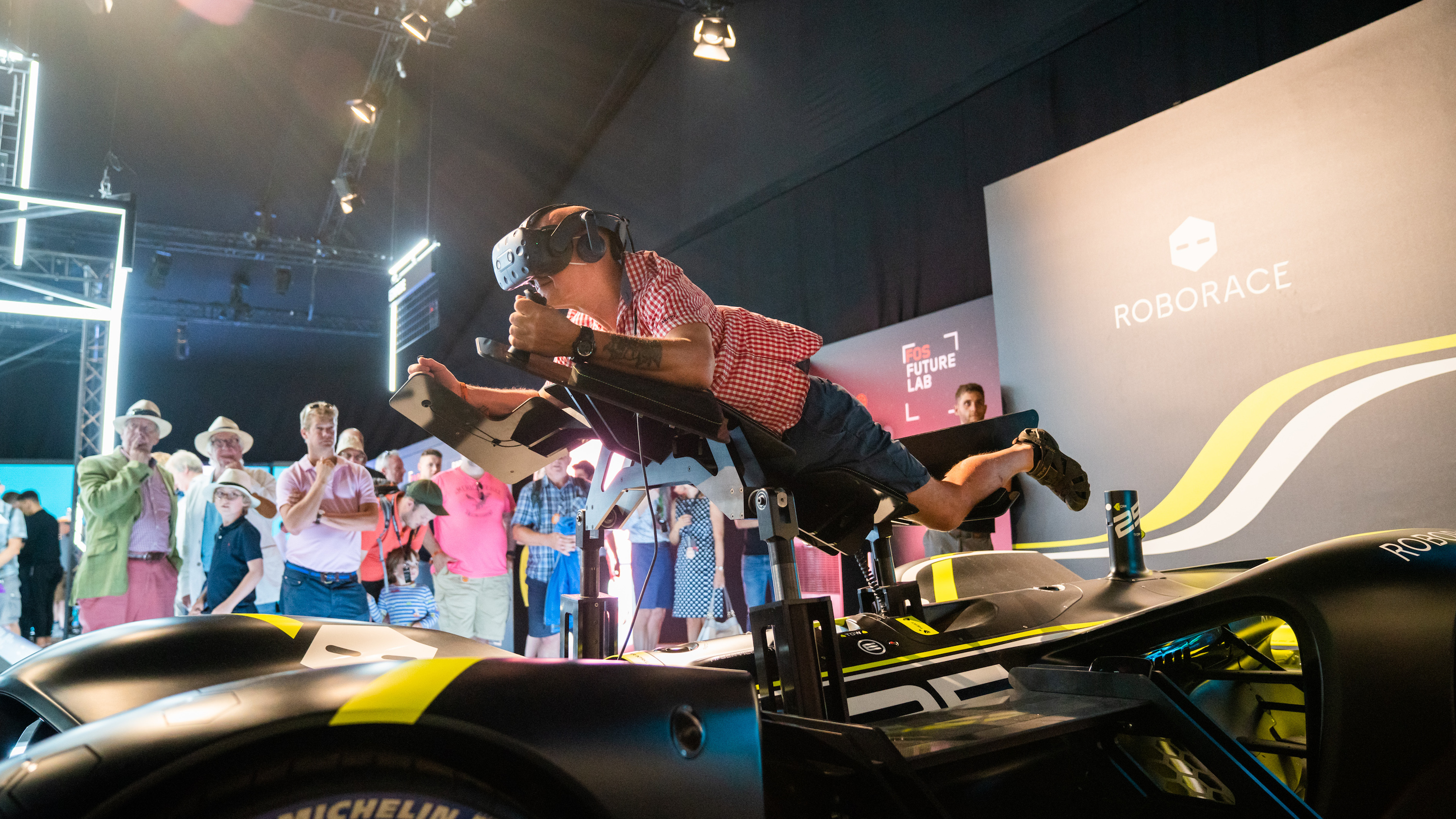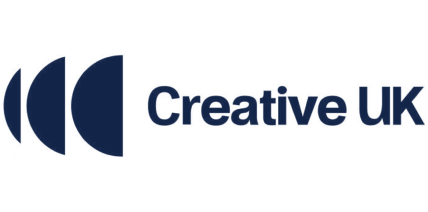This article was written by Decision Magazine for WardWilliams Creative and Creative UK.
“As a service provider, our work is controlled by someone else’s brief and budget ,” says Solomon Rogers, founder of REWIND, the Emmy-nominated studio which create immersive virtual, physical and digital ‘experiences’ for other studios, agencies and brands.
“We want to own more of the content we create and productise our own IP. Otherwise it’s always someone else’s decision and that can be frustrating. Having ownership means your relationship is direct with the audience.”
Importance of multiple mediums
Their palette is a heritage in VFX (visual effects) and CGI (computer generated imagery) production, with most of their work now with virtual and augmented reality, “because there isn’t one answer to everything; you can’t be bound to one medium.”
“A creative agency has to be more interested in what the solutions are to the customer’s challenges than the actual technology,” suggests Rogers. “You have to ask the client what success looks like to them, whether it’s just to be seen by potential customers as leading edge, or to communicate with staff across the globe. Technology for its own sake is bad.”
Rogers started the business “by accident” after finding he couldn’t manage the sheer amount of freelance work he was being offered, and was having to hire people to help with the workload. Initially REWIND were producing computer graphics for television commercials and feature films but moved quickly into advertising, PR and experiential marketing, “quirky PR-able things” like drivable deckchairs and tweetable vending machines.
Oculus Drift Pioneers
REWIND got involved early on with Oculus Drift headsets (a Facebook subsidiary). “We were one of the first, companies in the world to apply to use it commercially, if not the first,” says Rogers. “We created a simulator so people could feel what it was like to fly the Red Bull air race plane and do barrel rolls over Ascot racecourse.”
Other notable projects have included the press launch of a new Jaguar vehicle. “We put the audience into headsets so they were floating in space one minute and then flying right down into the car’s engine the next. It was a beautiful thirty minutes of theatre using VR. Then we’ve also worked with the BBC on an award-winning interactive, VR spacewalk.”
Exploring ideas without Judgment
One of the challenges for the founder of a growing creative business is ensuring there’s enough structure, muses Rogers. “I encourage people to freely explore their ideas without fear of judgment, but at the same time, you have to make sure there is rigour and structure so the business doesn’t fall over when someone forgets to deal with a vital piece of paperwork? Now we have fifty people, there is definitely a requirement for the layer of middle management that wasn’t there before, and people have to be empowered them to make decisions.”
Pacing the speed of growth
By freeing up more time for himself in this way, Rogers has been able to do more “future gazing, whether at an industry level or operational.” Even so, he admits his work-life balance is “definitely out of whack”, saying: “All business owners tell themselves that their job is their hobby. In honesty, it’s what you have to do to keep that living, breathing, organism alive. I have a responsibility to the business and to fifty people’s financial position and families.”
Scary isn’t a strong enough description he would apply to describe the growth of REWIND. “We have doubled every year and have opened an office in San Francisco, the land of opportunity; but now, to double to a hundred people would be too much; it would break us. Our size depends on what type of work we do. It was never about building the business to sell it; if it had been, I would’ve built it with someone else’s money and done it faster. But I do dream of getting the business to a size where it has its own momentum, its own energy, and I can take a breath and move to a different area and let the machine carry on without me.”
Recognising Super Powers
Rogers believes there’s “more than one type of intelligence” when it comes to the employees that a creative company needs. “People on the spectrum with dyslexia, dyspraxia, or autism are often considered to have a disability,” he points out, “but they are fantastic superpowers for a creative business because they see things in a way that most of us don’t and they make connections that most people don’t.”
He also thinks an unconventional upbringing can contribute to creative thinking in adult life. He cites his own upbringing: home educated by “hippy” parents. “It was all Greenpeace and Glastonbury and living in a bus,” he recalls. “Oddly I rebelled against the rebels and went ‘straight’: no drink, no drugs, no rock ‘n’ roll, and I wore a suit. I’m sure my parents were disappointed in me at first because I didn’t busk around Europe! But my upbringing meant I was able to evolve into a proficient technologist and creative professional by removing common and antiquated restraints of thinking.”
The measure of Success
Though he points to an interesting disadvantage of such a liberal upbringing: a difficulty in defining – and so achieving – success. “Success is very individual. It could be about what you earn, having a nice car, having control of your time. If you’re told as a kid that you should become an accountant, lawyer, or doctor, you can measure that standard of success. But if you’re told ‘do whatever makes you happy’, you are never quite sure what success is.”
Rogers believes that most people who consider themselves to be successful are those who did some sort of sport or performance art in their teenage years.
“They found that they can learn something, get better at it and even get adulation from it. They are confident but not arrogant; they work well in teams and they have a sense of wanting to learn new things and become even better at something.”
That’s a useful attribute in the creative industries, he goes on. “Creativity is fundamentally about problem-solving without a checkbox,” he muses. “The problem could be very specific, such as ‘we want something beautiful’; then we have to define beauty. Or it could be more of a technological challenge that involves plugging in creative thinking. It’s all about having a mindset that can use a broad skillset to find a narrow solution.”
But the education system doesn’t encourage that kind of thinking, he goes on: “The only approach is academic. Students are always told to stop doodling, stop playing games, stop watching films, but they should be told to do all that stuff. I like people who come in on Monday morning and say ‘hey, have you seen this; can we apply it to what we’re doing?’”
Creative Approach and Problem Solving
His approach to creative problem solving and ideas generation is to bring together small groups of people who are the most engaged with the subject matter. “We have half an hour of free thought and traditional brainstorming, and then we whittle the ideas down. Coming up with a unique idea is the hardest thing: you could sit there for a week, or the idea could come instantly. Creativity is unbound but time and money are finite so the idea has to be within budget, a combination of cutting edge technology with strategic thinking and commerciality.”
Rogers is chairman of Immerse UK, which represents the immersive technology industry (which is the blurring of the line between the physical world and simulated world). In 2018 he became this year chairman of BAFTA’s new immersive entertainment advisory group. In those capacities he has been lobbying the government regarding tax breaks.
Tax Breaks
“There is tax relief for companies working in the immersive space, but the parameters aren’t always clear,” he explains. “For example, if a brand pays for content, or there’s product placement, is it an advert? It’s a new language, a different way of thinking, and there is a debate over what constitutes a commissioner of work for tax reasons.”
Creative companies like REWIND fall into a gap that’s not quite covered by existing support, he argues. “It’s a new and interesting space where immersive content creators are working between film, television, and games.
Rogers believes there are “thousands of small creative businesses in particular” which “don’t know” about creative sector support. And they find grant funding “incredibly hard and time-consuming” to identify and apply for
Similarly, he would like to see a broader remit for Trainee Finder, which matches trainees with film and TV companies, providing them with an expenses allowance. “That allows the creative industries to take a risk in employing and training people who don’t have the skills immediately,” Rogers explains, “but it only applies to niche production roles. So to help the creative sector, the government doesn’t have to reinvent the wheel, just broaden the definitions.”
What’s next for Creative UK? “It will certainly be developing further uses for augmented, virtual, and mixed reality,” he predicts. “XR (extended reality, the ‘superset’ of all those technologies that aim to change what we know as reality) is just getting started.
“Increasingly, a creative company has to be cutting edge, leading edge, beyond that even, which is why the survival rates of start-ups is less than it used to be. But I couldn’t give you a longer term view than six months – everything is moving and changing so fast.”

